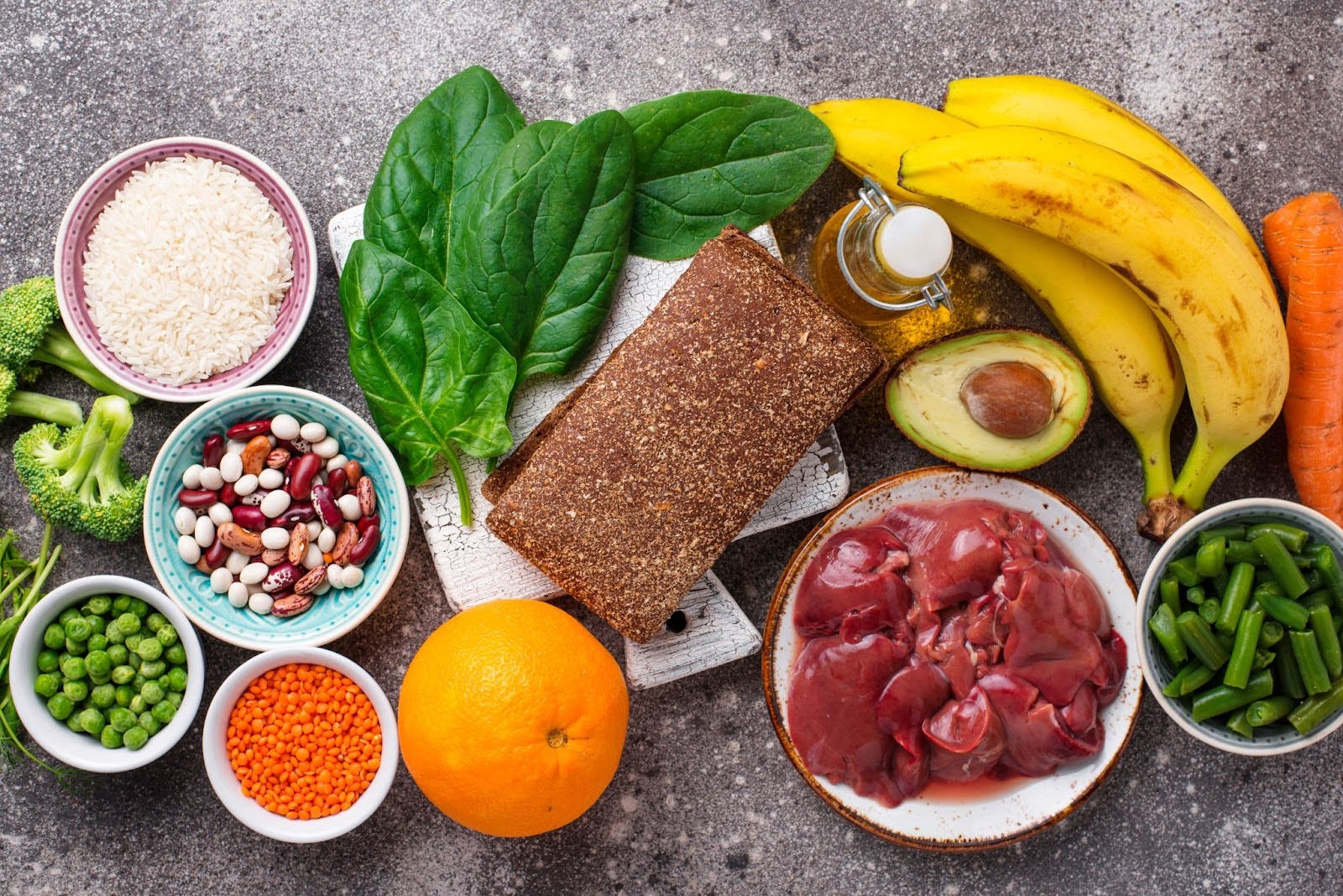Achieving sustainable weight loss is a journey that requires a harmonious balance of nutrition, lifestyle, and mindset. Rather than focusing on restrictive diets, embracing a balanced approach to nutrition can lead to healthier and more sustainable outcomes. In this blog, explore the art of nourishing your body through balanced nutrition, highlighting the importance of whole foods and the benefits they bring to both physical and mental well-being.
The Foundation of Balanced Nutrition
Balanced nutrition is all about incorporating a variety of whole foods into your diet. This means prioritizing colorful fruits and vegetables, lean proteins, whole grains, and healthy fats. By doing so, your body receives the essential nutrients it needs to function optimally. Whole foods are rich in vitamins, minerals, and antioxidants, which are crucial for maintaining a healthy immune system and reducing the risk of chronic diseases.
Fruits and Vegetables: The Power of a Balanced Diet
Fruits and vegetables are the cornerstone of a balanced diet. They are low in calories but high in fiber and essential nutrients. According to the American Heart Association, consuming a diet rich in fruits and vegetables can lower blood pressure, reduce the risk of heart disease and stroke, and have a positive effect on blood sugar levels.
Incorporating a wide range of colors in your diet ensures that you are getting a variety of nutrients. For instance, orange and yellow fruits like carrots and oranges are high in vitamin C and beta-carotene, while green leafy vegetables like spinach and kale are packed with iron and calcium.
Lean Proteins: Building Blocks of a Healthy Body
Proteins are essential for building and repairing tissues, and they play a vital role in maintaining muscle mass, especially during weight loss. Lean proteins, such as chicken, fish, beans, and legumes, are excellent choices, as they provide the necessary amino acids without the added saturated fats found in some red meats.
The Journal of Nutrition suggests that a higher intake of protein may aid in weight loss and improve body composition. By including lean proteins in your meals, you can feel fuller for longer, reducing the temptation to snack on unhealthy foods.
Whole Grains: Sustaining Energy and Satiety
Whole grains, such as quinoa, brown rice, and oats, are an integral part of a balanced diet. They are a great source of complex carbohydrates, which provide a sustained release of energy throughout the day. Unlike refined grains, whole grains retain their fiber-rich outer layer, which aids in digestion and helps maintain stable blood sugar levels.
Healthline highlights that whole grains can reduce the risk of heart disease, type 2 diabetes, and obesity. By swapping refined grains for whole grains, you can improve your energy levels and support sustainable weight loss.
Healthy Fats: Nourishing Your Body and Mind
Despite the stigma surrounding fats, healthy fats are an essential component of a balanced diet. Sources of healthy fats include avocados, nuts, seeds, and olive oil. These fats are crucial for brain health, hormone production, and the absorption of fat-soluble vitamins like A, D, E, and K.
Omega-3 fatty acids, found in fatty fish like salmon and mackerel, are particularly beneficial. They have been shown to reduce inflammation and improve heart health. According to Healthline, incorporating omega-3 fatty acids into your diet can potentially aid in managing weight.
Enhanced Energy Levels and Overall Well-being
Balanced nutrition does more than just support physical health—it also enhances energy levels and overall well-being. By providing your body with the necessary nutrients, you can experience improved mood, better sleep, and increased productivity.
Mindful eating is another crucial aspect of balanced nutrition. This involves paying attention to your hunger cues and eating slowly to savor each bite. By adopting mindful eating practices, you can develop a healthier relationship with food and make more conscious choices.
A Lifestyle of Balance
Nourishing your body through balanced nutrition is a sustainable approach to weight loss. By prioritizing whole foods and avoiding restrictive diets, you can achieve lasting results that benefit both your body and mind. Remember, the journey to a healthier you begins with small, consistent changes. Embrace the art of balanced nutrition and discover the transformative power it holds for your life.
For expert help on achieving sustainable weight loss, contact Weight Loss RVA.

